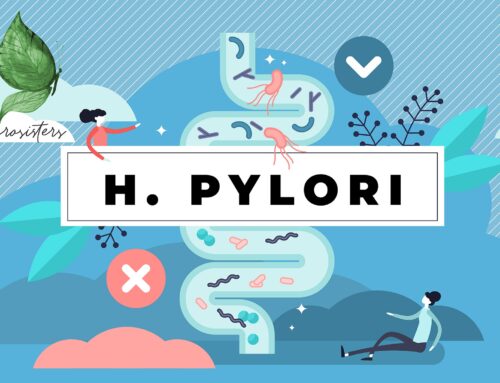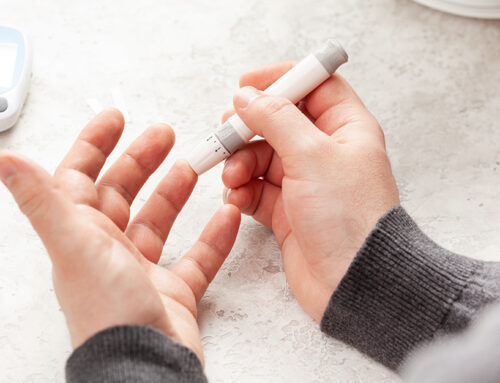
Repairing leaky gut is fundamental to managing thyroid disease as it causes inflammation and can exacerbate autoimmune conditions. Sadly, some of the medication you take to feel better may be making the situation worse.
Although diet plays a role in leaky gut, so do other factors, such as high blood sugar, chronic stress, and hormonal imbalances. However, it’s important not to overlook the impact of seemingly innocuous over-the-counter (OTC) medications, as well as some prescription ones.
Leaky gut, or intestinal permeability, is a condition in which the walls of the small intestine become inflamed, damaged, and porous, allowing undigested foods, bacteria, yeast, and other pathogens into the bloodstream. Once these pathogens escape the confines of the intestines and hit the bloodstream, they trigger inflammation in the body and brain. Leaky gut is associated with chronic disease, autoimmunity such as Hashimoto’s hypothyroidism, depression, and more. Common symptoms include joint pain, skin conditions, gut problems, fatigue, depression and other brain-based disorders.
In addition to following a leaky gut diet, you can repair your gut and lower inflammation by eating a diet that stabilizes your blood sugar, taking measures to reduce physical and mental stress, and being aware of which medications could be making your leaky gut worse. This goes a long way to managing inflammatory and autoimmune conditions such as Hashimoto’s hypothyroidism.
When you have Hashimoto’s hypothyroidism, medications that can cause leaky gut:
- Corticosteroids: Steroid drugs such as prednisone suppress the immune system and dampen inflammation. While they may be life saving or necessary, they also can contribute to leaky gut. This is because they raise cortisol, which in high doses breaks down the gut lining. This is why chronic stress, which also raises cortisol, contributes to leaky gut as well.
- Non-steroidal anti-inflammatory drugs (NSAIDs): NSAIDs such as ibuprofen and aspirin have been shown to increase intestinal permeability within 24 hours of use and long-term use can contribute to a leaky gut condition.
- Antibiotics: Antibiotics wipe out the beneficial gut flora, which can lead to leaky gut. It’s important to always follow up antibiotic use with probiotics to reinoculate the gut.
- Chemotherapy drugs: Chemotherapy drugs can lead to leaky gut by degrading the intestinal barrier.
All of these drugs have their purpose and you should not put yourself or a child in danger by avoiding a lifesaving drug in order to prevent leaky gut. However, if they’re necessary, you may want to consider following their use with a leaky gut protocol to restore the intestinal lining and prevent a worsening of your health.
Contact our team for more information on how to repair leaky gut and manage autoimmune disease.





